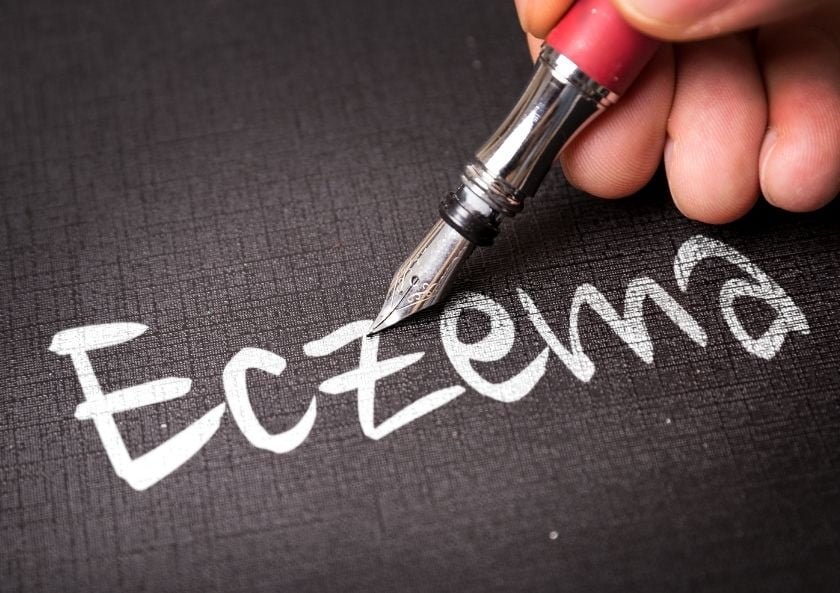Eczema is the most common allergic skin disease in children and infants. The baby and child with eczema symptoms should be examined by pediatric allergists and a definitive diagnosis should be made after this examination. We wrote this article to answer the question of how to diagnose eczema (atopic dermatitis).
In order to diagnose eczema, information is obtained about the location, size and progress of itchy rashes on the body. Skin dryness is questioned. Answers to questions about eczema
Allergy history in the mother, father and family is important in the diagnosis of eczema (Atopic Dermatitis).
Since eczema is a genetic disease, allergic diseases in the mother, father and family are questioned.
Allergy testing is important in diagnosing atopic dermatitis.
Allergy tests are of great importance for the diagnosis of eczema. The reason for this is food allergy, which causes 40-60% of eczema in infants and children. For this reason, food allergy testing is done to find the cause of food allergy. For this, the allergy test made from the skin is much more valuable than the one made from blood. Skin allergy test can be done from 1-2 months old. The information that allergy testing is not done before the age of 3 is wrong among the public. The skin allergy test, which is preferred after 2-3 years of age, is for asthma and allergic rhinitis. Food allergy testing can be done after 1-2 months. Because food allergy is already resolved after 2-3 years of age, contrary to what is known, there is generally no need for food allergy testing after 3 years of age.
Importance of Pediatric Allergy Specialist in Diagnosing Eczema
When eczema is seen in children and babies, families often go to dermatologists because it is a skin condition. Because the number of pediatric allergists is low, pediatric allergy specialists are not generally known. Pediatric allergists are doctors who have a pediatric allergy specialist diploma by receiving specialization training on eczema and allergic diseases in infants and children from birth to 18 years of age and are also pediatric health and diseases specialists. Since children are not miniatures of adults, diagnosis and treatment approaches in children and adults are different. For this reason, when babies and children have eczema symptoms, it is important to evaluate, diagnose and plan treatment by pediatric allergists.
As a result;
- In the diagnosis of eczema, the symptoms of eczema and the course of the symptoms are questioned.
- Family history of allergic disease is important in the diagnosis of eczema.
- Allergy testing is important in diagnosing eczema and skin allergy testing can be done from 1-2 months old.
- Pediatric Allergy Specialists are specialists in pediatric health and diseases who have received special training and diploma in the diagnosis and treatment of eczema in infants and children from birth to 18 years of age.



